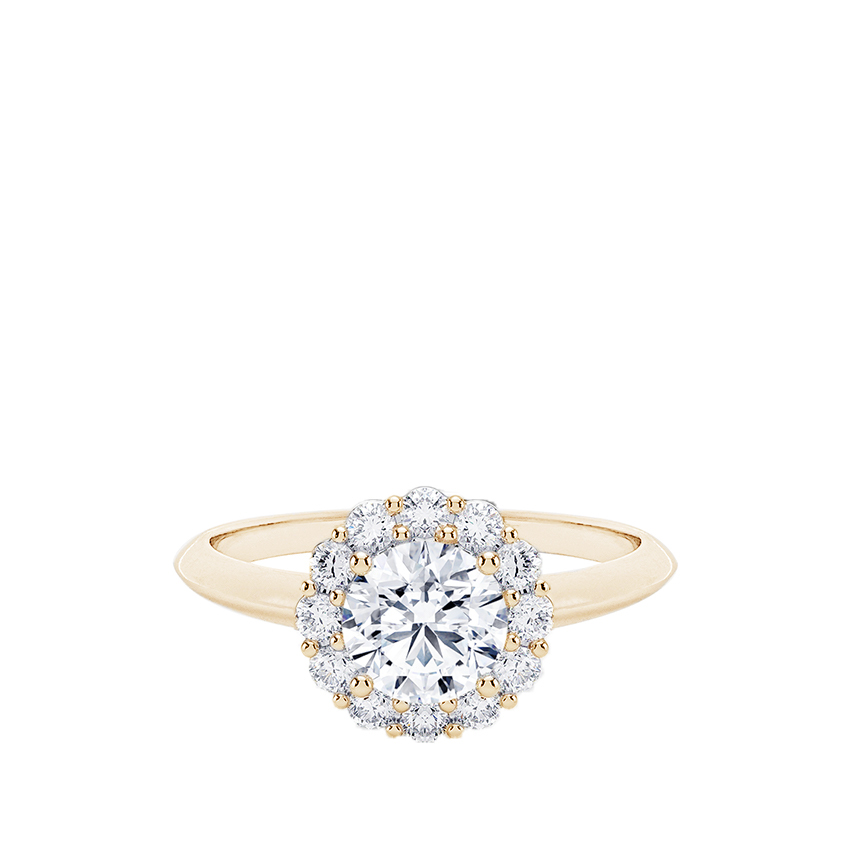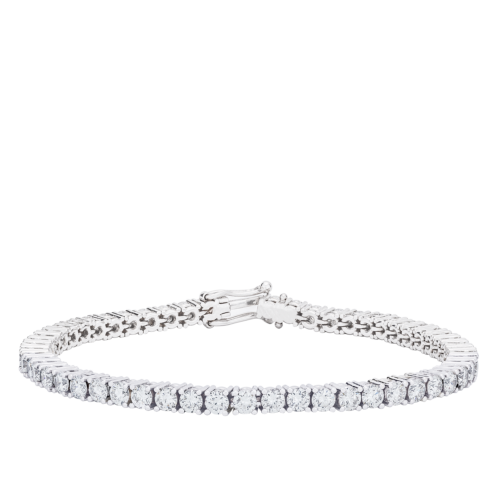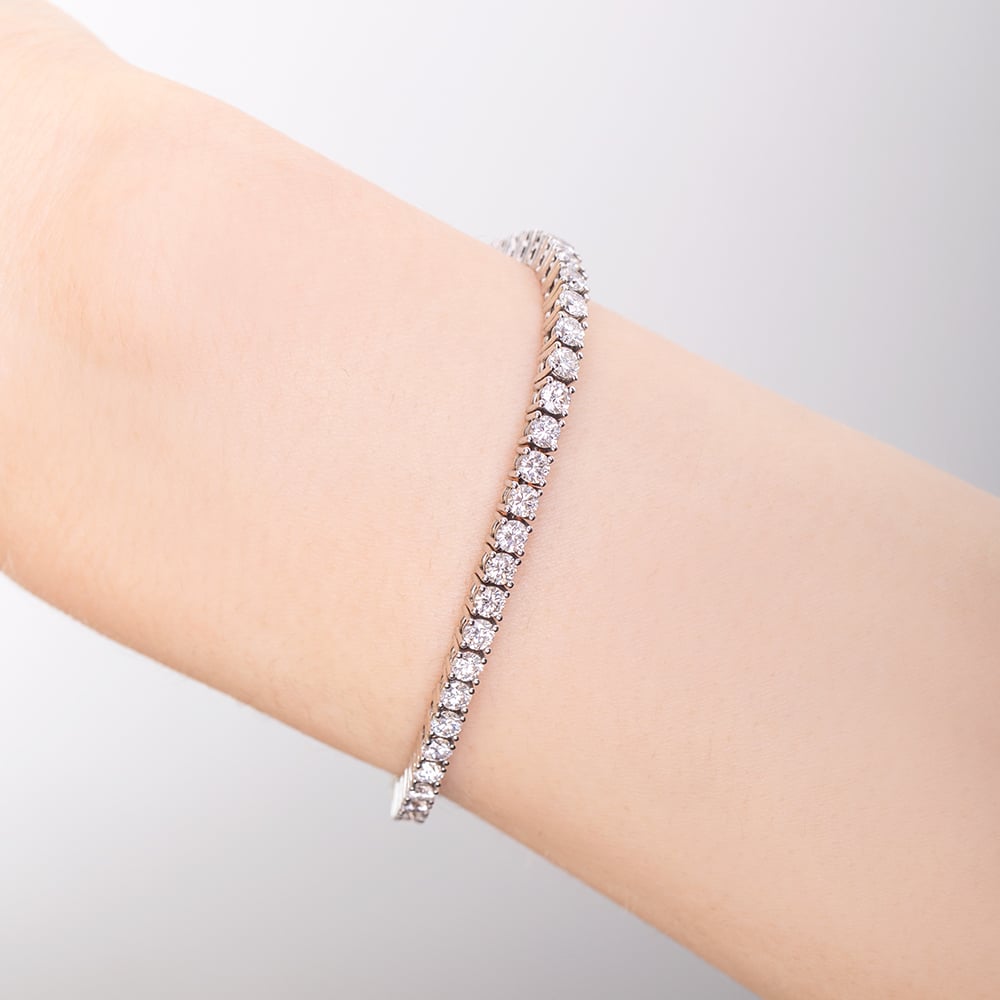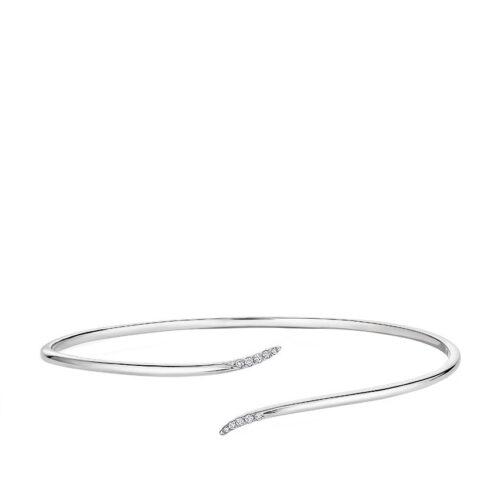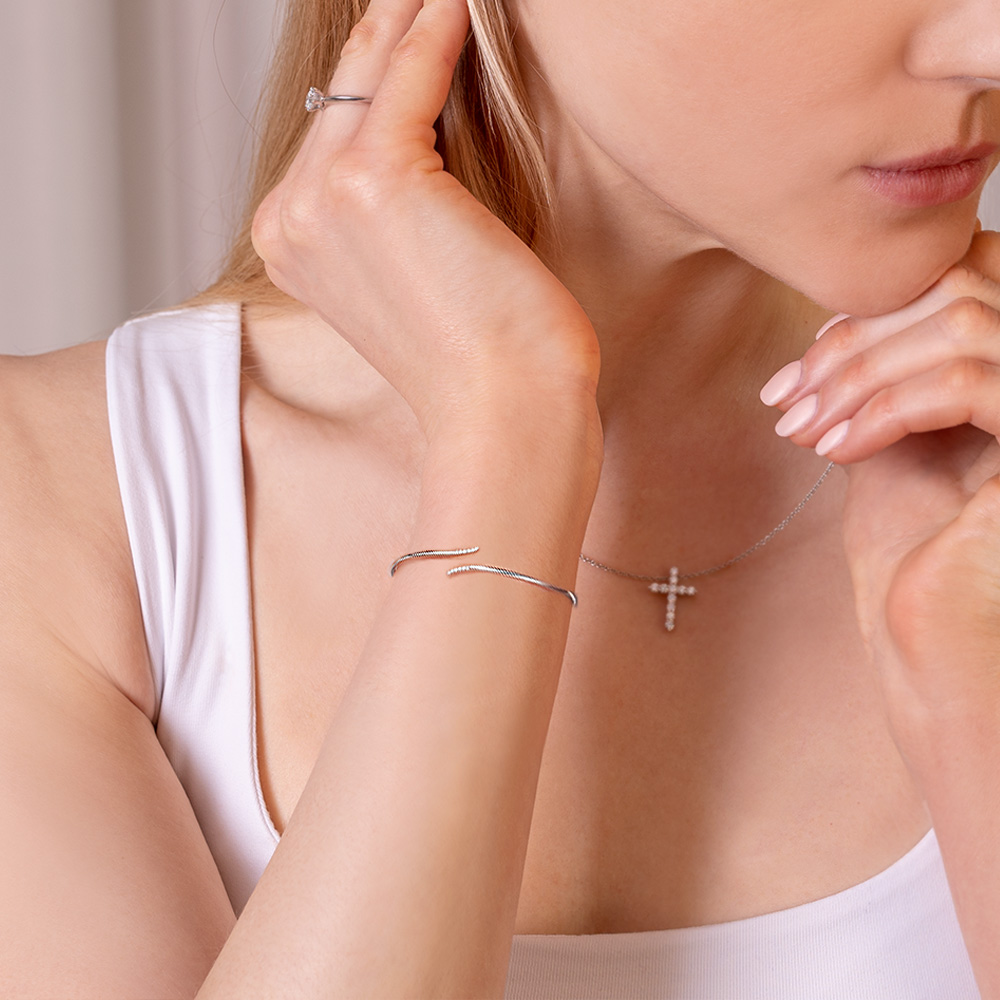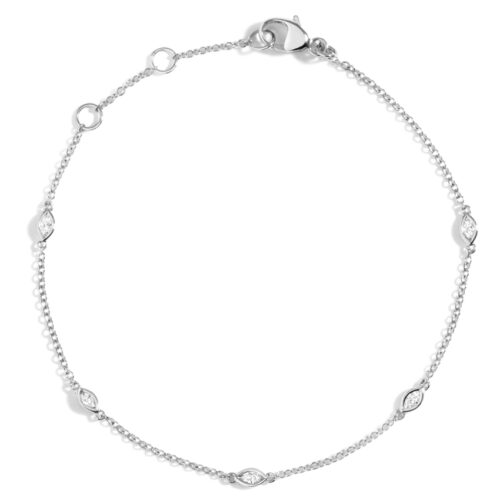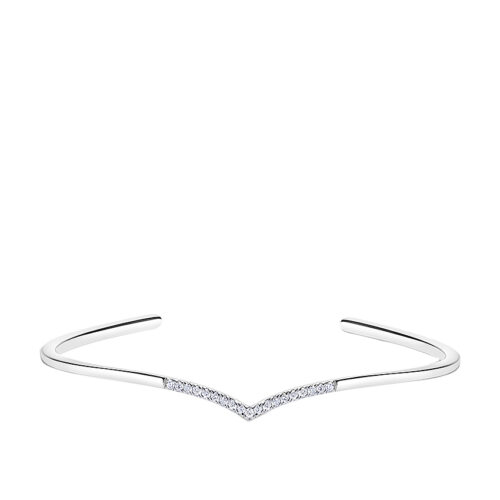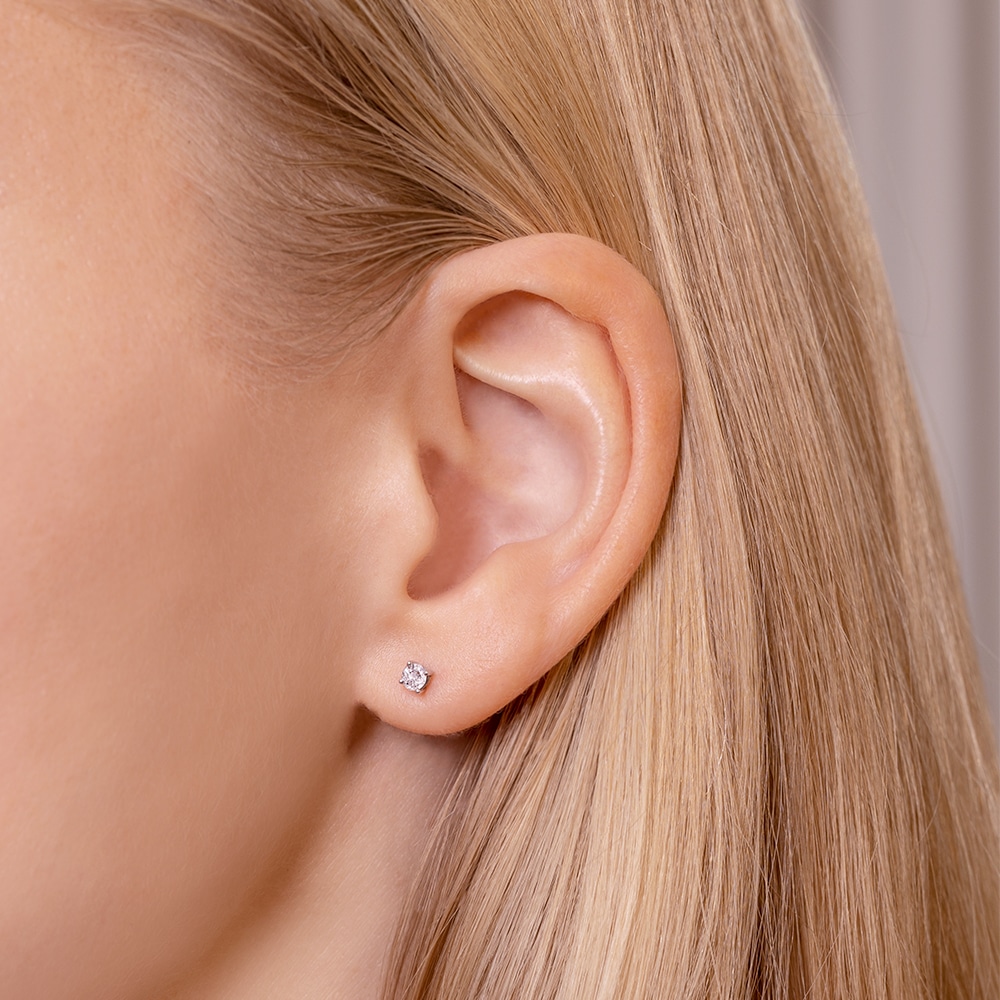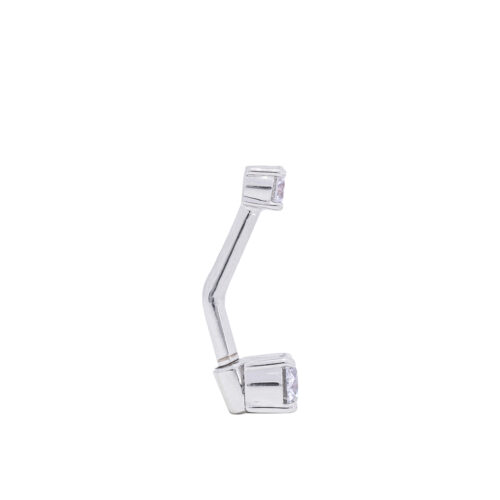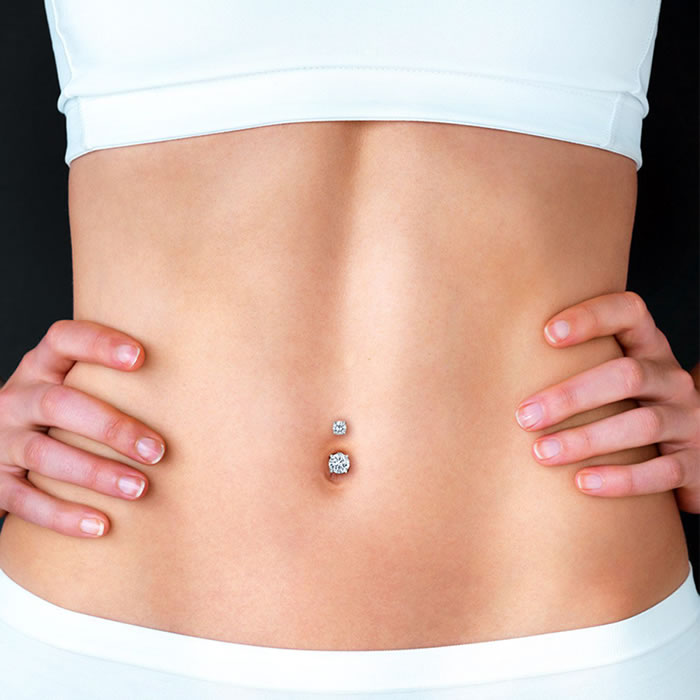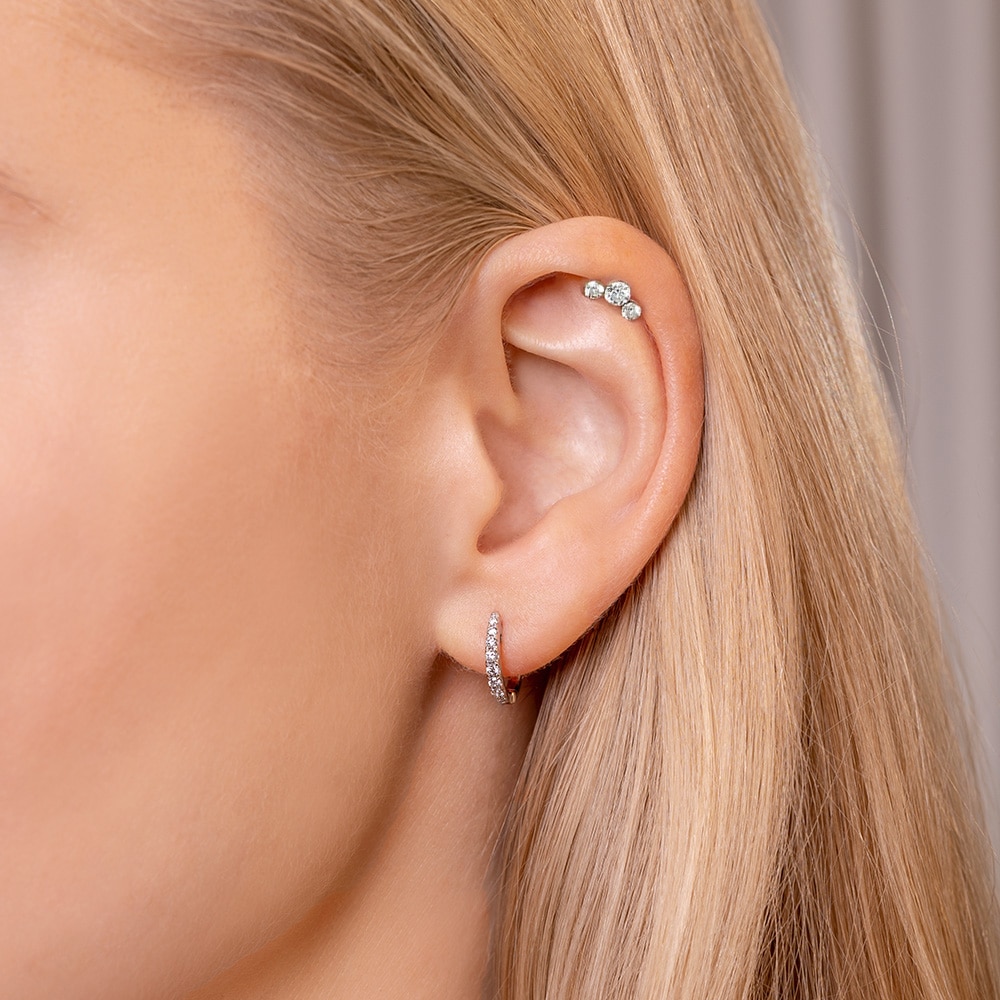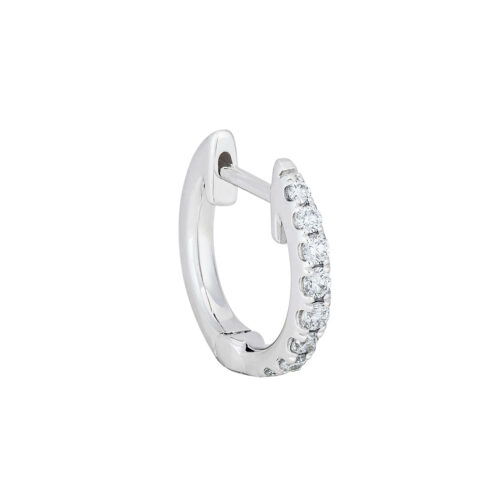Beautiful, affordable and ethical fine jewelry handcrafted in Estonia using ethically sourced conflict free lab grown diamonds.
100% real diamonds
Be proud to wear
100% ethical diamonds
Earrings
Necklaces
Rings
Bracelets
Piercings
CHOOSE ETHICAL
Lab grown diamonds
Lab-grown diamonds are physically and chemically identical to mined diamonds. The only difference between the two is their origin. The only way to tell the difference is to use special equipment.
Our diamonds are produced in laboratory conditions without the negative environmental or human costs associated with mining.
4 FREQUENTLY ASKED QUESTIONS:
Are lab diamonds real diamonds?
Although lab diamonds are not mined from the earth like natural diamonds, they are chemically, physically, and optically similar to natural diamonds. They are made of the same material as natural diamonds and have the same properties, including hardness, sparkle, and refractive index. Technology is used to imitate natural processes that create diamonds underground. The only difference between lab grown diamonds and natural diamonds is their origin
Are lab grown diamonds less valuable than natural diamonds?
Lab grown diamonds have the same physical and optical properties as natural diamonds and are just as beautiful and durable. However, because they are produced in a lab, rather than mined from the earth, they are less expensive than natural diamonds. This makes them a good choice for those who want to enjoy the beauty and durability of a diamond at a more affordable price.
The value of a diamond also depends on its cut, clarity, and stone size.
Are lab grown diamonds as durable as natural diamonds?
Lab diamonds are made from the same material as natural diamonds (pure carbon) and have the same chemical and physical properties. As a result, they are as hard and durable as natural diamonds. In fact, a lab diamond may even be purer than many natural diamonds.
Do lab grown diamonds and natural diamonds have a different level of sparkle or shine?
Several studies have found that in normal lighting conditions, there is no difference between natural diamonds and lab grown diamonds. Only by using very specific tools and amplifying light has it been found that mined diamonds have a slightly higher dispersion, or "fire" (the scattering of light into all the spectrum tones).
TRUST CERTIFICATES
IGI certificate
For the demanding modern buyer, IGI (International Gemological Institute) certification is the best choice when purchasing a laboratory-grown diamond. IGI has become the most productive player, establishing itself as the preferred laboratory in the diamond industry.
It is true: IGI is currently the world’s most popular and preferred LAB diamond laboratory.
Lab grown diamonds are for YOU, if ...
...you want a diamond that is ethical and environmentally friendly.
... you are looking for a more affordable diamond alternative.
... you are open to new technologies and innovations in the jewelry industry.
...you want a diamond that is guaranteed by a specific certification process and a warranty.
... you want the same beauty and sparkle as a natural diamond.
